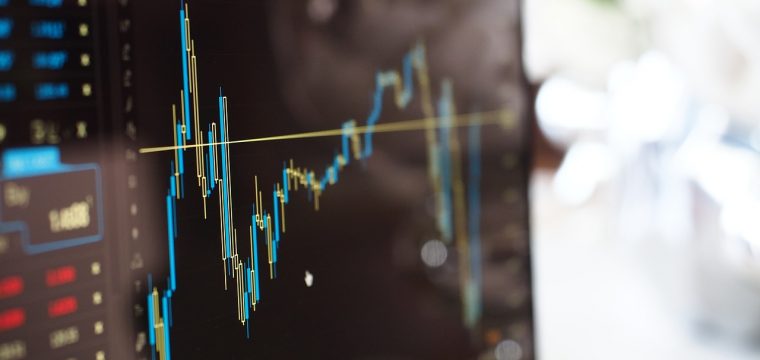We live in an age where data about who you are, where you are, and what you’re doing is being collected and tucked away into databases so large, traditional processing software is inadequate to handle it all. This is the age of big data, a powerful and rich resource that continues to grow more quickly than we are able to find ways to make use of it. Our lives are being tallied and measured by posts, emails, purchases, pictures, and clicks.
Public policy is shaped by our values and ideals, and we express many of those through the things we do. As such, used responsibly, the data we recorded about the things we do can help guide public policy decisions. Big data has the power to transform the public sector and is frequently cited as a technology that will change the way we look at business, but it’s powerless without proper understanding. It must be analyzed and interpreted to have value.
Anyone who understands the many ways public policy directly affects our lives also understands the importance of responsibility in handling and using the type of information we derive from big data. Big data’s power can be intimidating. It can be unsettling to think about the apparent lack of privacy that tends to characterize the information age. What should we do with the data we collect? Is it safe to record this information about individuals? Is it morally correct?
We are searching for the best applications of the large wealth of data we collect. Some uses are obvious, like patient records in healthcare, or supply chain optimization in manufacturing. Others are more complex, such as predictive policing, where information about crime type, location, and time is used to help predict where and when crimes will happen. When we look to ways that big data can improve a system designed to keep citizens safe, the benefits of collection become clearer.
Big data, when analyzed, can be used to help governments monitor and improve their functions. Social media data can provide insight on public opinion, allowing policymakers to identify unpopular policies or services that may need reevaluation. We can use data gathered from students and predictive analytics to help create a profile of at-risk students, allowing for easier intervention. Growth models of urban areas can be mapped using similar analysis. We are still discovering all of the ways that we can use big data to improve the public sector, but the possibilities are seemingly endless.
However, a great deal of responsibility is required when this type of data is available. Considering government in particular, the application of big data can make the public wary, and for good reason. It is of the utmost importance that governments exercise transparency and responsibility when applying big data to public policy.
Policymakers must consider the consequences of failure to act on information gathered from big data. For example, Oxford Internet Institute Professor Helen Margetts raises the question, “What responsibility does the state have to devote disproportionately more — or less — resources to the education of those school pupils who are, probabilistically, almost certain to drop out of secondary education?” Information held within big data is actionable, and once we have knowledge of a given issue and an understanding of the action we should take to remedy it, is it neglectful if we fail to do so?
We can also see examples of when moral consideration and the right to privacy is eschewed for the sake of research already, such as Facebook’s mood manipulation experiment. Many individuals simply aren’t aware of the extent to which data about them is collected. It’s alarming to think of the extremes of the possibilities of what might happen without proper regulation of the use of big data.
Big data can mean changes in the power dynamics between individuals, and between individuals and institutions. Information gained from data mining may be used to favor certain individuals more than others, meaning those who already have more advantages are presented with more opportunities, while those who are less advantaged slide further. Regarding institutional power, “In economic terms, it accentuates the information asymmetries of big companies over other economic actors and allows for people to be manipulated,” says ACLU Senior Policy Analyst Jay Stanley.
Where do we draw a line when it comes to our right to privacy, and how can we balance the potential big data holds for improving the public sphere while also protecting our liberties? These questions are particularly pertinent in a time when the government continues to lag behind in cyber security measures. We don’t fully understand the implications of the power of big data, nor can we say we understand exactly what might happen if big data gets into the wrong hands, though we do know that those consequences could be potentially very serious.
Big data has a role to play in shaping public policy, and that role becomes more clearly defined as we become familiar with the nuances of balancing private lives and public information. We know more about each other than we ever have before, and our definition of privacy has evolved — it’s doubtful that this was our intention when we created our social media profiles, but it’s clear that it was for the creators of social networks, who recognize the power of the data we share. For better or worse, the data is out there, but what we do with it is what matters now.

Leave a Reply
You must be logged in to post a comment.